JACK MONAGHAN |
|
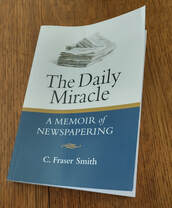
At another point in the memoir, Fraser recounts the appearance in the newsroom of an organized crime enforcer named Dickie Callei, accompanied by his lawyer, a state legislator and future chief justice of the Rhode Island Supreme Court, Joseph A. Bevilacqua.
Fraser gives two versions of what Callei wanted from the paper. Jack’s was that Callei was upset that the paper wasn’t using enough of his criminal record, which he wanted known so as to scare his targets.
Fraser gives two versions of what Callei wanted from the paper. Jack’s was that Callei was upset that the paper wasn’t using enough of his criminal record, which he wanted known so as to scare his targets.
| He (Monaghan) called Bevilacqua to his desk. “Get this thug out of here,” he told the lawmaker. They left. But Callei came back that afternoon. “Now, I'm going to die,” Monaghan thought. Callie walked up to his desk. And apologized. “Sorry about this morning,” he said. |
1 Comment
Ellen
8/9/2023 11:22:57 am
Thank you for this story posted about my Dad. I loved reading it and hearing all the stories. 🙂
Reply
Leave a Reply.
BRIAN C. JONES
I'VE BEEN a reporter and writer for 60 years, long enough to have learned that journalists don't know very much, although I've met some smart ones.
Mainly, what reporters know comes from asking other people questions and fretting about their answers.
This blog is a successor to one inspired by our dog, Phoebe, who was smart, sweet and the antithesis of Donald Trump. She died Feb. 3, 2022, and I don't see getting over that very soon.
Occasionally, I think about trying to reach her via cell phone.
Mainly, what reporters know comes from asking other people questions and fretting about their answers.
This blog is a successor to one inspired by our dog, Phoebe, who was smart, sweet and the antithesis of Donald Trump. She died Feb. 3, 2022, and I don't see getting over that very soon.
Occasionally, I think about trying to reach her via cell phone.
July 2024
June 2024
May 2024
April 2024
March 2024
February 2024
January 2024
December 2023
November 2023
October 2023
September 2023
August 2023
July 2023
June 2023
May 2023
April 2023
March 2023
February 2023
January 2023
November 2022
October 2022
September 2022
August 2022
July 2022
June 2022
May 2022
April 2022
March 2022
February 2022
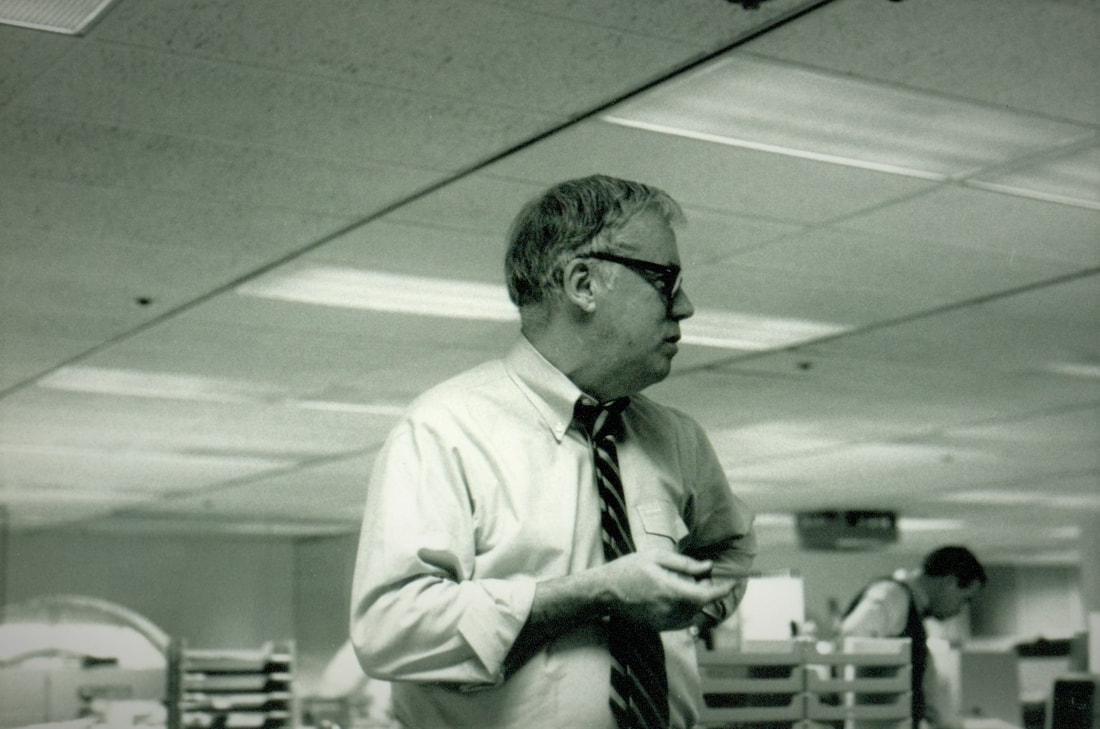
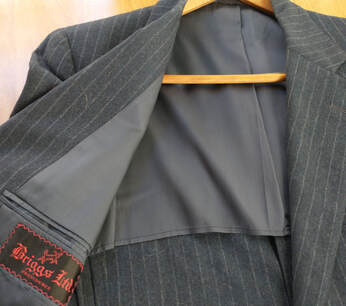
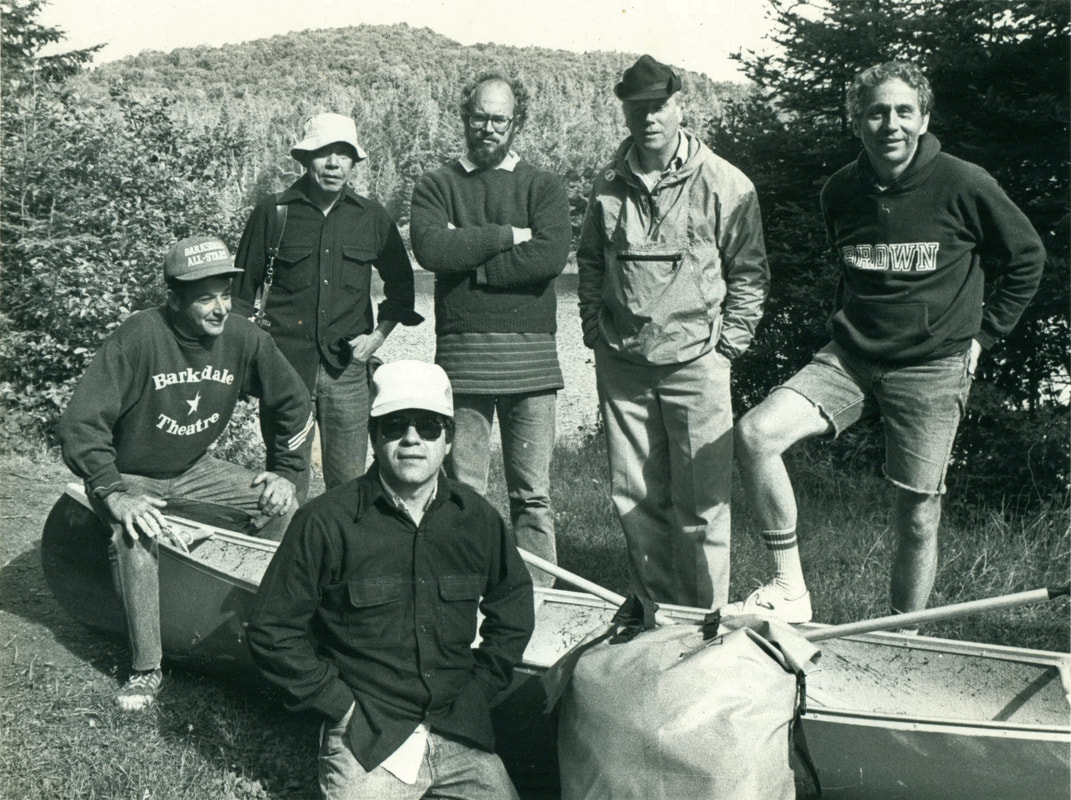
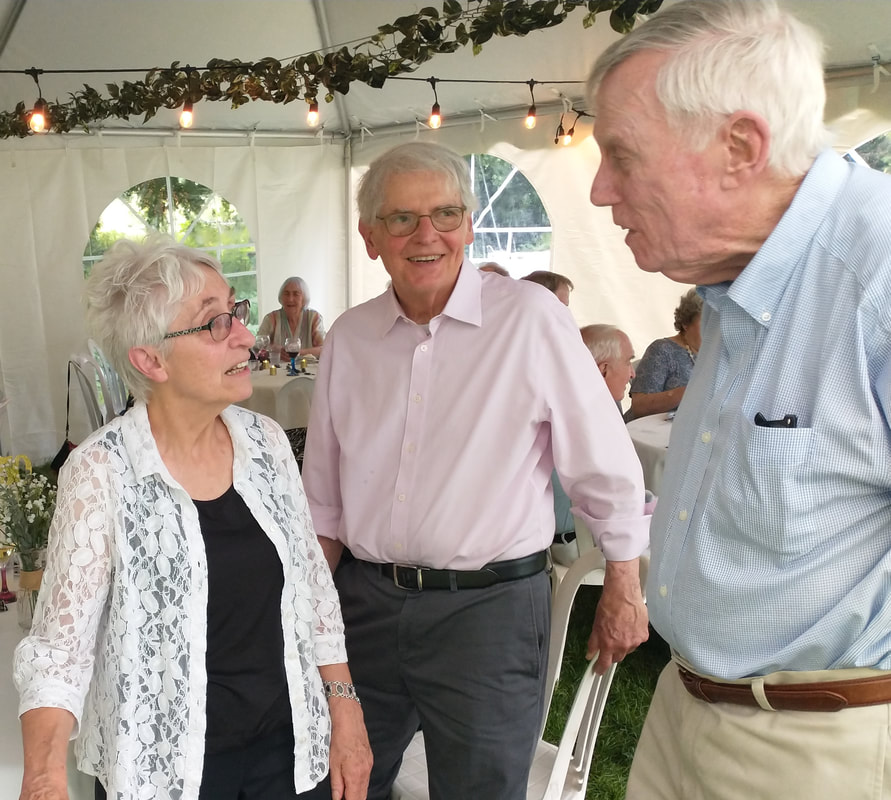
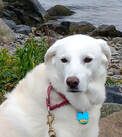
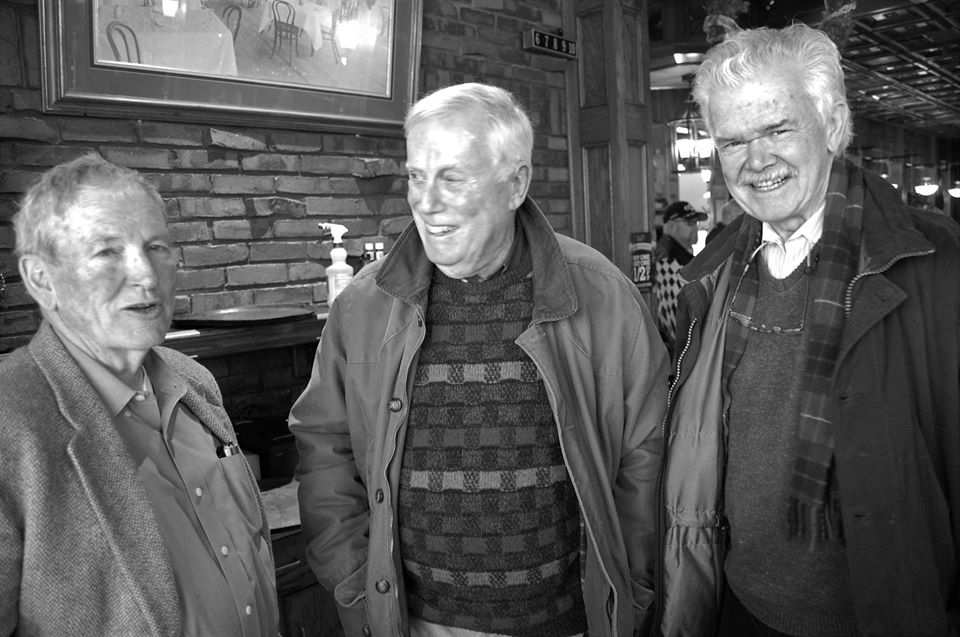
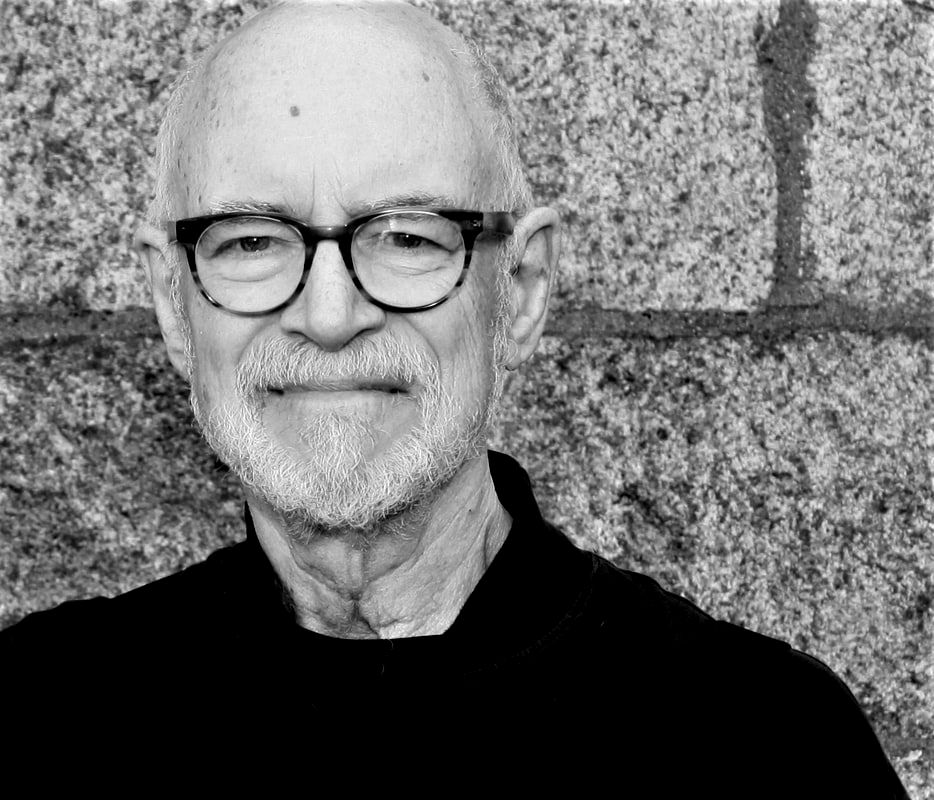
 RSS Feed
RSS Feed